

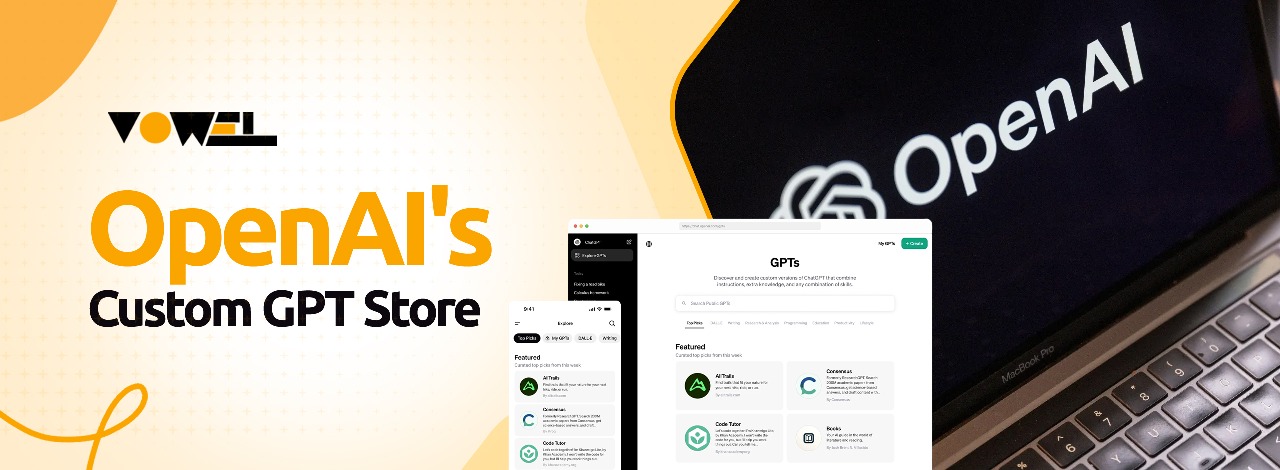
OpenAI's Custom GPT Store: Revolutionizing AI Access and Application
Artificial intelligence is no longer a distant concept or limited to high-tech labs---it's here, woven into our daily lives. And now, OpenAI has taken a bold step further with the launch of its Custom GPT Store, empowering anyone---from students and marketers to developers and CEOs---to create and share personalized AI experiences.
The Custom GPT Store is more than just a repository of bots; it's a dynamic ecosystem where creativity meets functionality. Built on the power of GPT-4 and enhanced with tools, APIs, and simple customization options, this store democratizes AI like never before.
Whether you're building an assistant to manage your calendar, a tutor for coding, or a bot that speaks like Shakespeare, the Custom GPT Store makes it accessible with just a few clicks.
What is the Custom GPT Store?
Think of the Custom GPT Store as an "app store" for AI chatbots. But instead of downloading apps, you can browse, use, or build AI models that serve specific functions. These GPTs can be tailored for customer service, SEO writing, financial planning, fitness coaching, and countless other tasks.
Users can explore public GPTs created by others, use them directly within ChatGPT, or make their own by using natural language prompts and simple configuration steps. No coding is required, although advanced users can integrate APIs and files for deeper functionality.
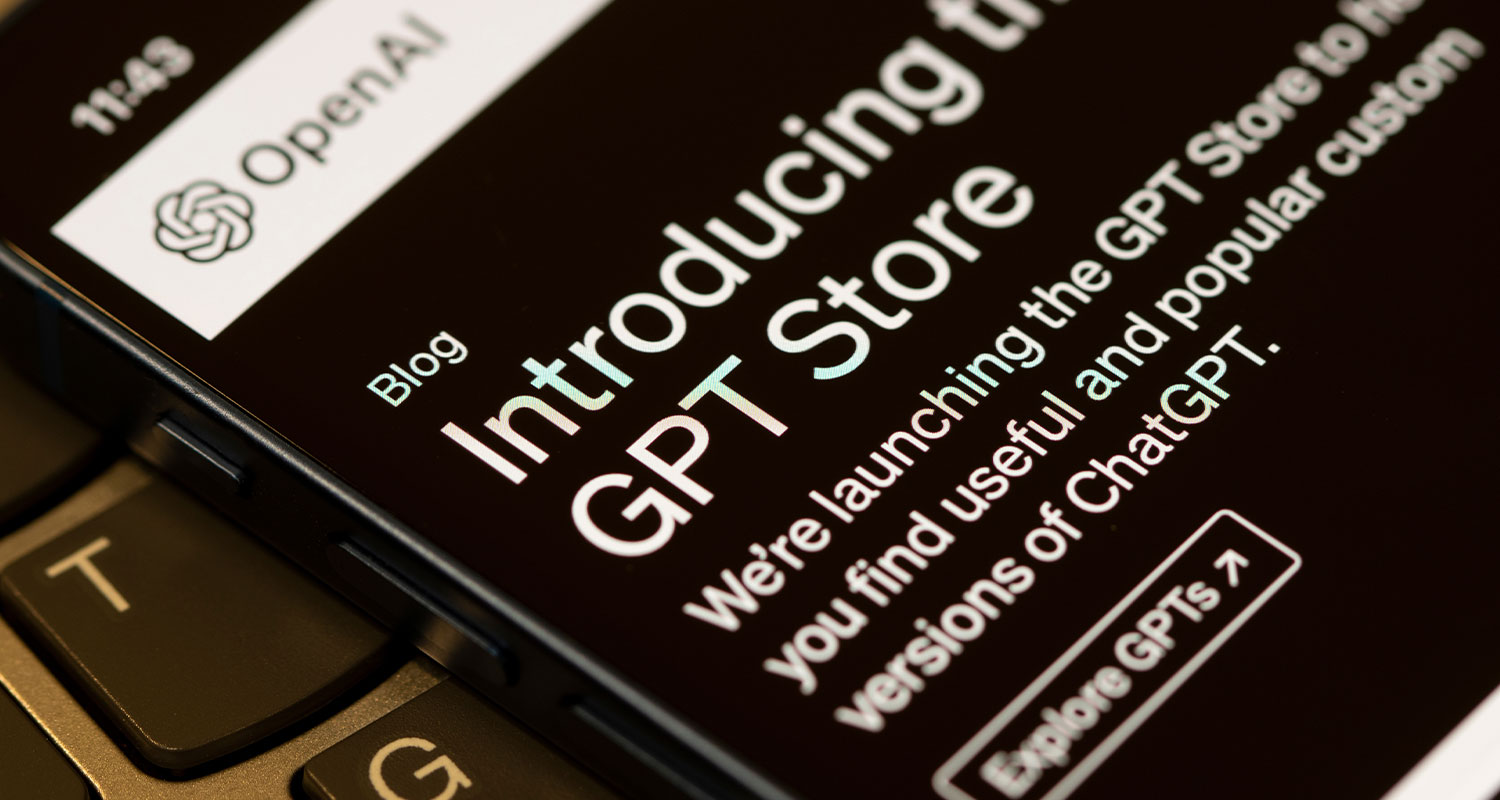
Why It's a Game-Changer
OpenAI's Custom GPT Store is game-changing for several reasons:
- Accessibility: Anyone with a ChatGPT Plus subscription can access, build, or publish a custom GPT.
- Simplicity: The interface is intuitive. You don't need to be a developer to create functional GPTs.
- Use Cases: From personal productivity tools to business automation and creative exploration, the use cases are vast.
- Community-Driven: The store encourages collaboration, discovery, and the sharing of specialized bots across industries.

How to Build Your Own GPT
Creating a GPT starts with a conversational setup wizard. You simply tell ChatGPT what kind of assistant you want to build, provide instructions, upload files or documents it should reference, and optionally plug in APIs. The tool will guide you through naming, visual design, and behavior preferences.
For instance, you can create a "Resume Coach GPT" that helps job seekers optimize their CVs, or a "Math Solver GPT" that walks students through problems step-by-step.
The beauty lies in how OpenAI blends low-barrier creativity with deep functionality. You don't need to write a single line of code, yet your GPT can respond in structured formats, analyze documents, and even follow a distinct personality.
Monetization and the Marketplace
One of the most exciting elements of the GPT Store is its marketplace potential. While monetization is not fully open to all users yet, OpenAI has hinted at a creator economy similar to mobile app stores. Soon, developers and creators will be able to earn revenue by publishing GPTs that solve real problems for users and businesses.
Imagine selling access to a premium GPT that provides legal templates, business pitch coaching, or even foreign language tutoring. The possibilities are virtually limitless, and as more users flock to the GPT Store, the market for niche and high-quality assistants will only grow.

Integration with Business Workflows
The Custom GPT Store isn't just for casual users. Enterprises can build internal GPTs that automate repetitive workflows, handle customer queries, draft reports, or even support HR functions. These bots can be secured behind organization firewalls and configured to handle sensitive data responsibly.
The future of work includes AI copilots that know your tools, understand your company language, and adapt to your daily routines. With the Custom GPT framework, that future is being built right now.
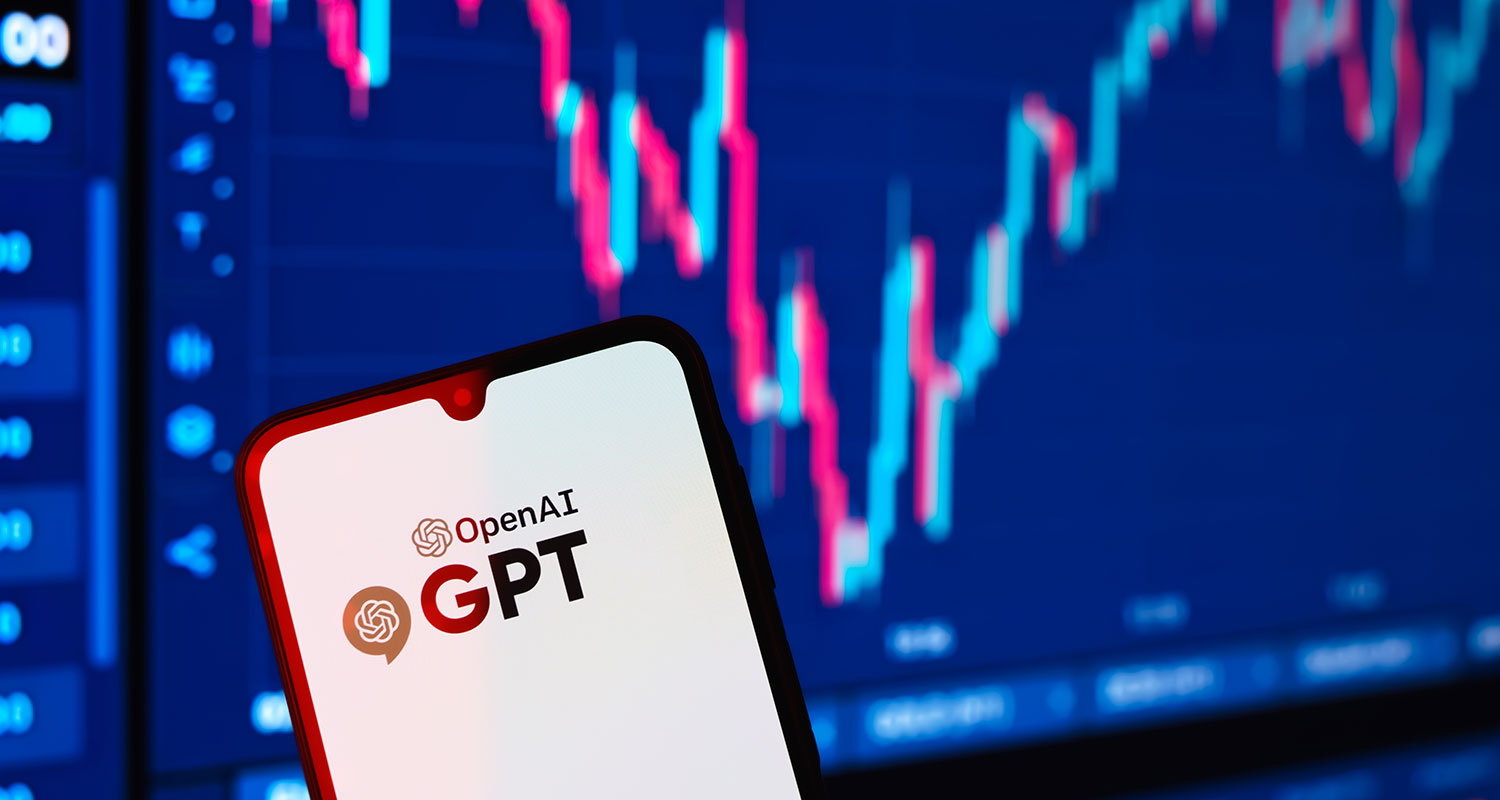
Top Use Cases Emerging Already
Within weeks of launch, some standout GPTs have gained popularity, including:
- Coding Tutors that teach JavaScript, Python, or HTML in a conversational format.
- Mental Health Coaches trained on CBT frameworks.
- SEO Writing Bots optimized for SERP ranking and on-page structure.
- Resume Builders that match job descriptions with applicant profiles.
- Startup Consultants that guide founders on business models and pitch decks.
These GPTs are not static---they learn from interactions, use built-in tools, and offer an experience that's often more helpful than traditional software.
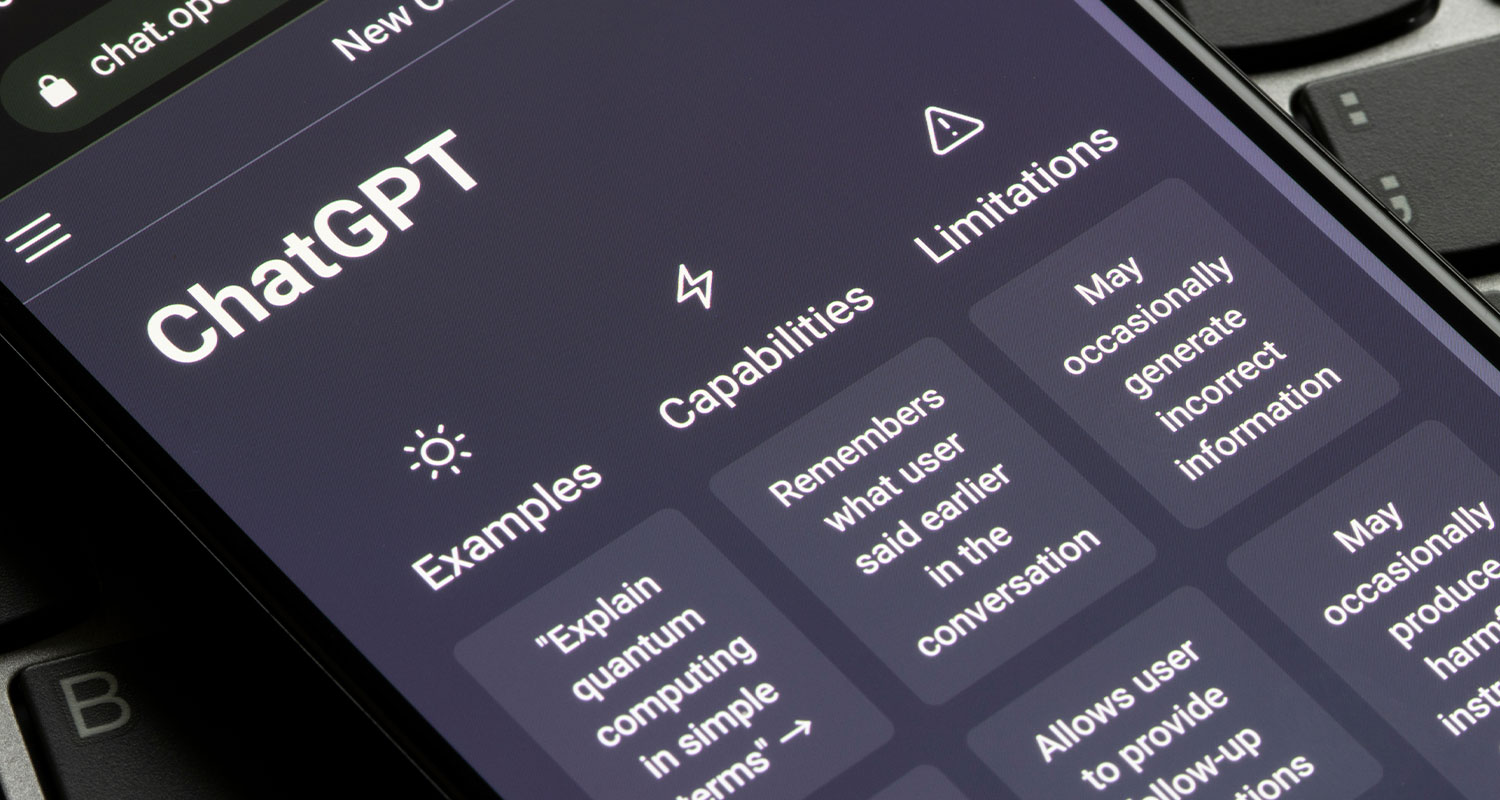
Privacy and Safety Measures
OpenAI takes user data and safety seriously. When using a public GPT, your data may be stored to improve model performance, but creators do not see individual conversations unless shared manually. For sensitive uses, private GPTs can be configured with limited data access and strict confidentiality.
The company is also implementing a reporting system, usage caps, and moderation tools to ensure GPTs are used ethically and safely. Transparency in how each GPT was built and the data it uses is also part of the store's long-term roadmap.
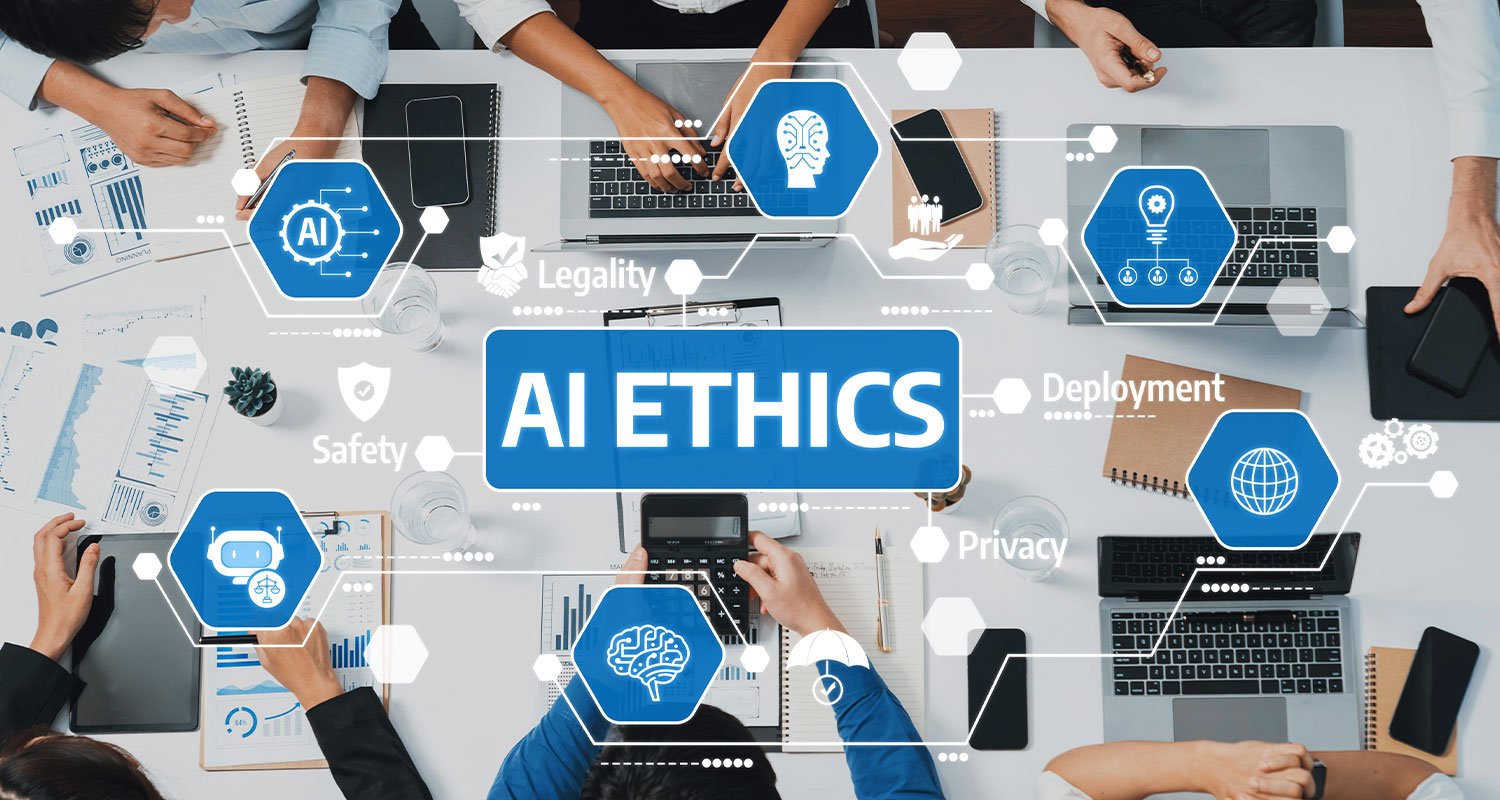
What Sets It Apart from Other Platforms
While other platforms have launched AI marketplaces or bot-building tools, OpenAI's store benefits from being natively integrated with ChatGPT---one of the most widely used AI interfaces in the world. This means GPTs are instantly accessible to millions of users and can leverage cutting-edge GPT-4 performance, tools like Python and browsing, and future multimodal capabilities.
It also supports context-aware interaction, allowing bots to follow complex workflows, remember prior instructions (if enabled), and generate personalized responses based on user needs.
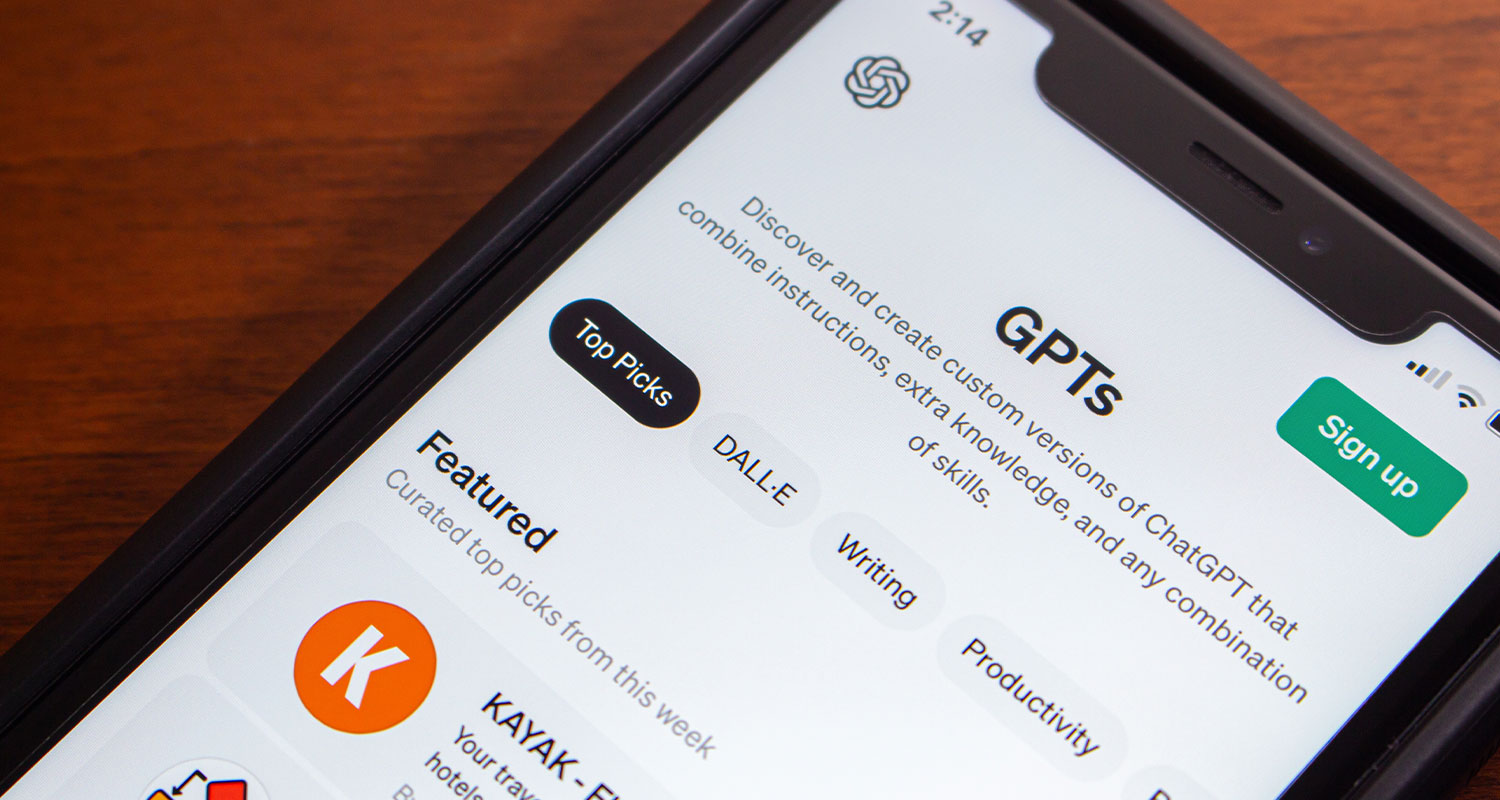
The Future of the GPT Store
As the store evolves, we can expect more creator tools, monetization pathways, and integrations with platforms like Slack, Notion, Microsoft Office, and others. OpenAI's vision is to make AI as useful and customizable as mobile apps---but more intelligent, responsive, and interactive.
We are entering an era where anyone can "hire" a digital assistant, fine-tune it for specific tasks, and share it with the world. This isn't just a tech trend---it's a cultural shift in how we interact with software, automate tasks, and distribute knowledge.
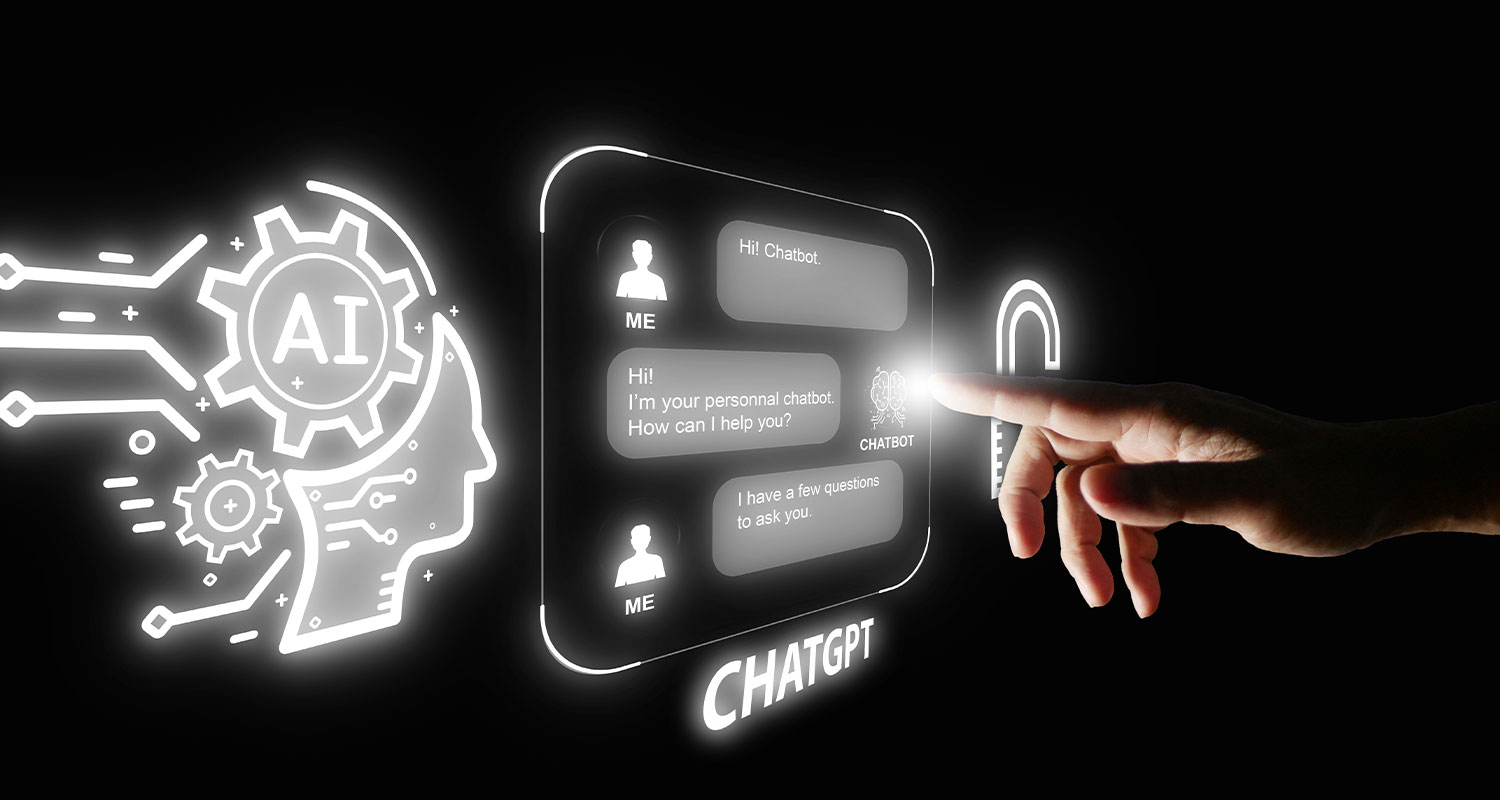
Final Thoughts
OpenAI's Custom GPT Store is more than just a collection of AI bots---it's a leap toward making artificial intelligence truly personal, practical, and pervasive. It offers an unprecedented blend of simplicity and sophistication, enabling everyone from casual users to advanced developers to tap into the power of large language models.
Whether you're looking to save time, boost productivity, enhance learning, or simply experiment with AI, the Custom GPT Store is your new playground. The era of one-size-fits-all AI is over. Welcome to the future of tailored intelligence.
Frequently Asked Questions
What is OpenAI's Custom GPT Store?
The Custom GPT Store is a platform where users can explore, create, and share personalized versions of ChatGPT tailored for specific tasks or industries.
Do I need to code to build a custom GPT?
No, creating a custom GPT requires no coding. OpenAI provides an intuitive setup wizard to build GPTs using plain instructions, files, and API connections.
Who can access the Custom GPT Store?
Anyone with a ChatGPT Plus subscription can access, use, and create GPTs from the store.
Can I make money from my custom GPTs?
Monetization features are in development. OpenAI plans to allow creators to earn from high-performing or premium GPTs in the near future.
Are the GPTs safe and private to use?
Yes, GPTs follow OpenAI's safety and data usage guidelines. Sensitive data is protected, and private GPTs can be configured with restricted access.
